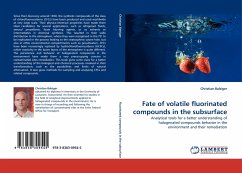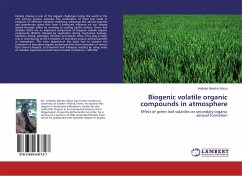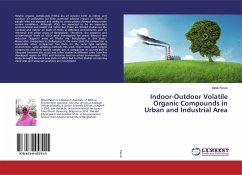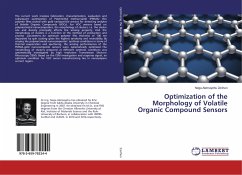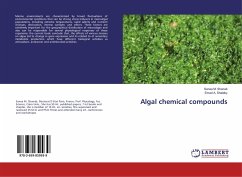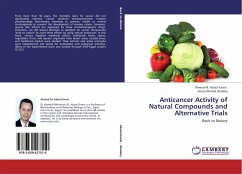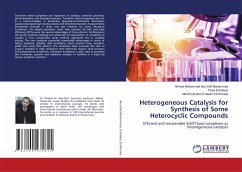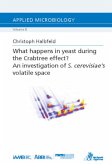Since their discovery around 1930, the synthetic compounds of the class of chlorofluorocarbons (CFCs) have been produced and used worldwide at very large scale. Their physico-chemical properties have made them ideal candidates for several applications, such as refrigerant fluids, aerosol propellants, foam blowing agents, or as solvents or intermediates in chemical synthesis. This resulted in their wide distribution in the atmosphere, where they were recognized in the 70 to be implicated in the process leading to the stratospheric ozone hole, but also in other environmental compartiments such as groudwaters. CFCs have been increasingly replaced by hydrochlorofluorocarbons (HCFCs), which reactivity in the lower layers of the atmosphere is quite different. The persistence and behavior of halogenated compounds in the environment have made them a very preoccupying concern in contaminated sites remediation. This book gives some clues for a better understanding of the biological and chemical processes involved in their transformation, such as the possibilities and limits of natural attenuation. It also gives methods for sampling and analysing CFCs and related compounds.
Bitte wählen Sie Ihr Anliegen aus.
Rechnungen
Retourenschein anfordern
Bestellstatus
Storno

